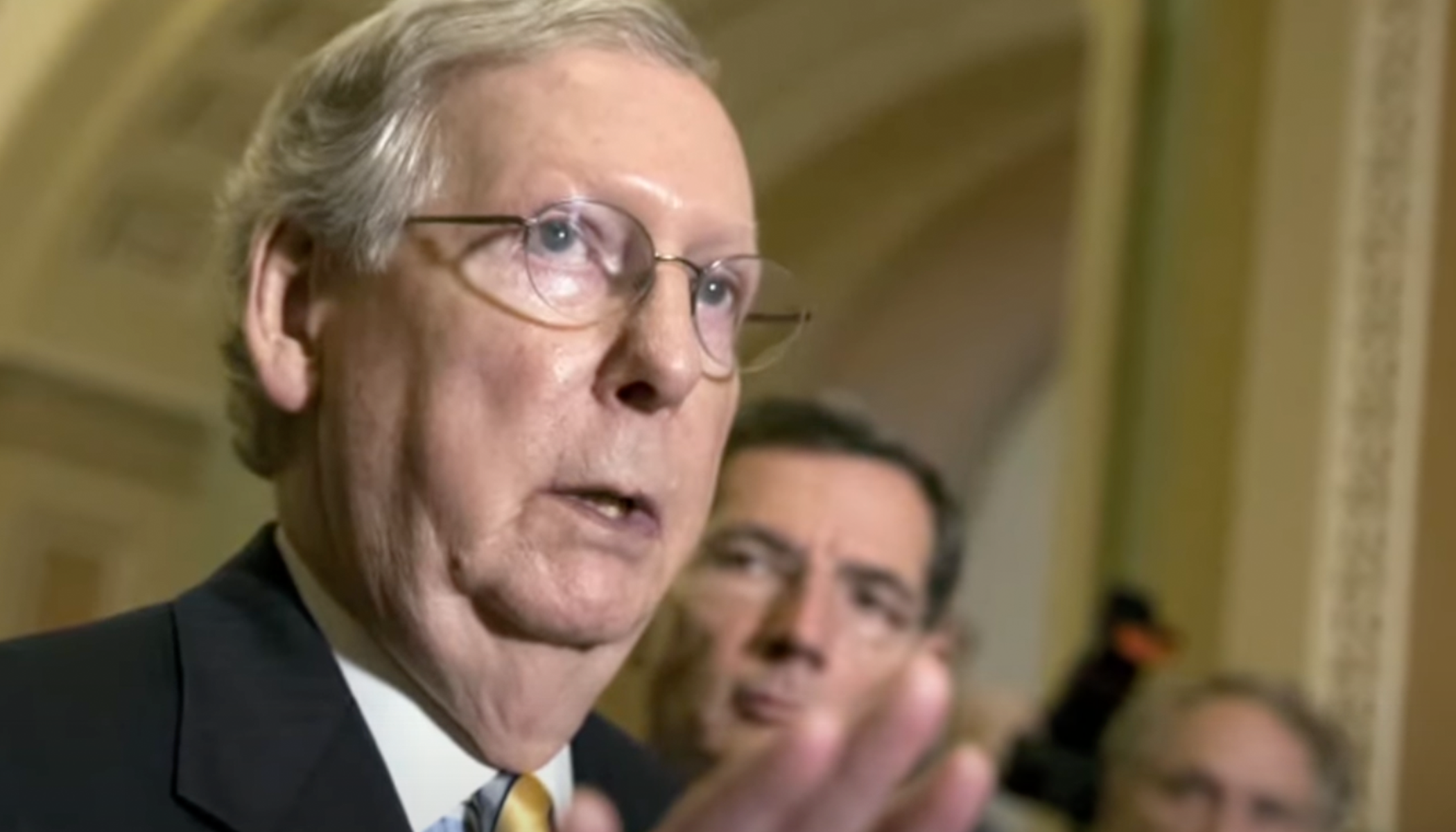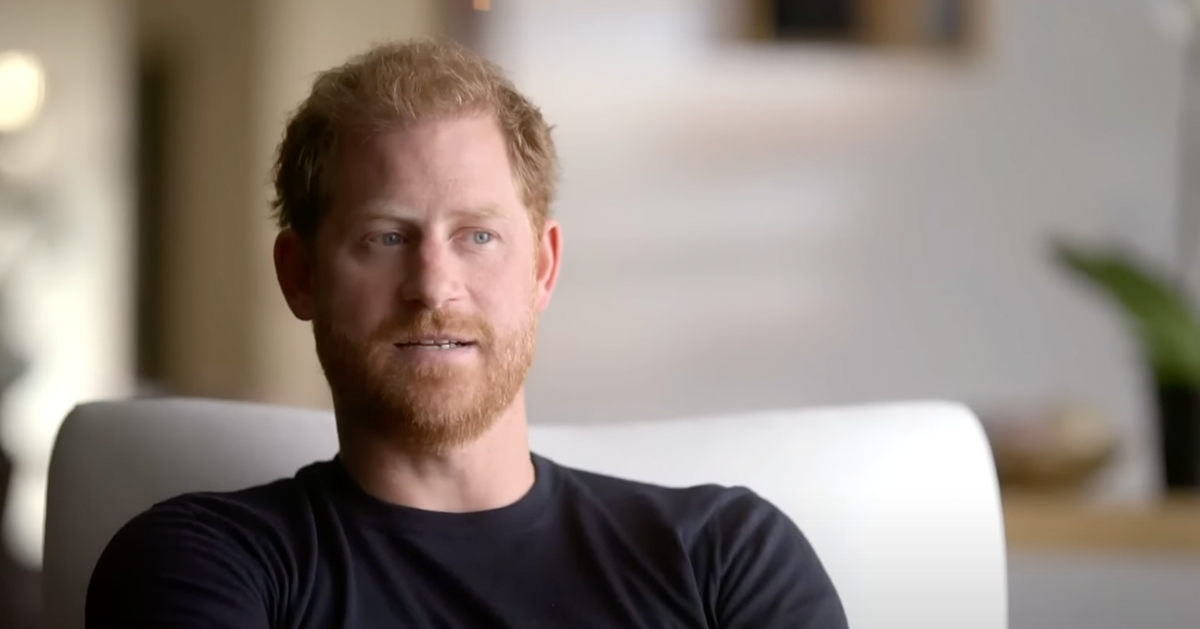Supreme Court Rejects RFK Jr.'s Bid to Return to New York Ballot
The U.S. Supreme Court declined to reinstate Robert F. Kennedy Jr.’s name on the New York general election ballot, doing so in an unsigned order that upholds lower rulings that removed the independent presidential candidate from the ballot due to issues surrounding his nominating petition address.
The high court's decision leaves Kennedy off the New York ballot following a legal battle that questioned his petition’s validity in relation to the state's address requirements, as CBS News reports.
The controversy began when Kennedy, who suspended his campaign last month, submitted a petition with over 120,000 signatures, which were initially validated by the state's elections board.
However, a lawsuit soon followed, challenging the validity of the address listed on his petition. The address belonged to a friend and was not Kennedy’s permanent residence, which violated New York’s legal requirements for nominating petitions.
New York Courts Rule Against Kennedy
Both a state court and an appellate court ruled against Kennedy, citing the invalid address as the primary reason for removing him from the ballot. Despite the New York Board of Elections certifying the ballot on Sept. 11, Kennedy pursued a series of legal challenges to reverse the decision. His argument was that the address requirement was irrelevant to a presidential candidacy and that revealing his true home address could jeopardize his family’s safety.
Kennedy's campaign also emphasized that the petition's address error should not override the constitutional rights of his supporters, who had signed in support of his candidacy. His legal team argued that the signatures reflected genuine voter intent, and that Kennedy's removal was a breach of democratic principles.
Kennedy’s Appeal to the Supreme Court
In his emergency appeal to the Supreme Court, Kennedy’s legal team stated that his supporters "have a constitutional right to have Kennedy placed on the ballot -- and to vote for him, whether he is campaigning for their vote or not." Kennedy himself explained in a sworn declaration that he was advised by his election law counsel to use the Katonah address "for consistency purposes" during the petition process.
Nevertheless, New York officials defended their decision, arguing that allowing Kennedy back onto the ballot so close to the election would cause voter confusion and disrupt the election process. They further claimed that such a move could result in New York missing federal deadlines for mailing ballots to overseas and military voters.
Ongoing Legal Struggles Across Multiple States
This battle over Kennedy’s place on the ballot in New York is just one of several legal challenges he has faced in different states. In August, a Georgia judge ruled that Kennedy did not meet the qualifications to appear on that state's ballot. Additionally, the Michigan Supreme Court recently ruled against Kennedy’s efforts to remove his name from the ballot in that state.
Despite these legal setbacks, Kennedy's campaign has been actively removing his name from ballots in over a dozen states, as part of his decision to suspend his presidential campaign. Kennedy endorsed former President Donald Trump and stated that his actions were intended to avoid harming Trump’s electoral chances.
Impact of the Supreme Court's Decision
By refusing to intervene, the Supreme Court has effectively sealed Kennedy’s fate in New York’s upcoming election. New York state officials expressed concerns that adding Kennedy back to the ballot would “trigger substantial voter confusion” and “potentially disenfranchise voters” who had already received the original ballots.
Furthermore, officials pointed out that Kennedy's appeal was inconsistent with his broader effort to remove his name from ballots in other states. New York officials questioned the sincerity of his concerns for voter rights, given his actions elsewhere.
Concerns Over Address and Voter Rights
Throughout the legal dispute, Kennedy repeatedly emphasized that the focus on his petition address was not relevant to the larger issues at stake. His campaign argued that the disclosure of his home address could expose him and his family to significant safety risks, including "round-the-clock demonstrations outside his house, attacks on his home, and harassment of his family, including his children."
The Board of Elections, however, remained firm, stating that the court’s decision protected the integrity of the election process and ensured compliance with federal deadlines.
Kennedy's Campaign and Trump Endorsement
Kennedy’s suspension of his campaign and endorsement of Trump have added a complex layer to his recent legal battles. While Kennedy initially sought to avoid harming Trump’s electoral prospects, his decision to suspend his campaign now appears complete, as his name will not appear on the ballot in 18 states.
Kennedy’s campaign website even directly associates the two candidates, stating, "a vote for Trump is a vote for Kennedy." His legal appeals, meanwhile, have focused on ensuring that voters still have the option to vote for him, despite his suspended campaign.
Conclusion: Legal Battles and Electoral Impact
The Supreme Court's refusal to reinstate Robert F. Kennedy Jr.'s name on New York's general election ballot ends a contentious legal battle over his candidacy. Kennedy’s petition was ultimately deemed invalid due to issues with the address listed, and efforts to challenge this decision were unsuccessful. Despite collecting over 120,000 signatures in May, Kennedy’s removal from the ballot highlights the challenges faced by independent candidates navigating complex election laws.
Kennedy’s suspension of his campaign and subsequent endorsement of Donald Trump, combined with his legal struggles in other states, point to a campaign in retreat. The Supreme Court’s decision, coupled with ongoing court rulings across the country, ensures that Kennedy’s name will be absent from ballots in key states this November.






